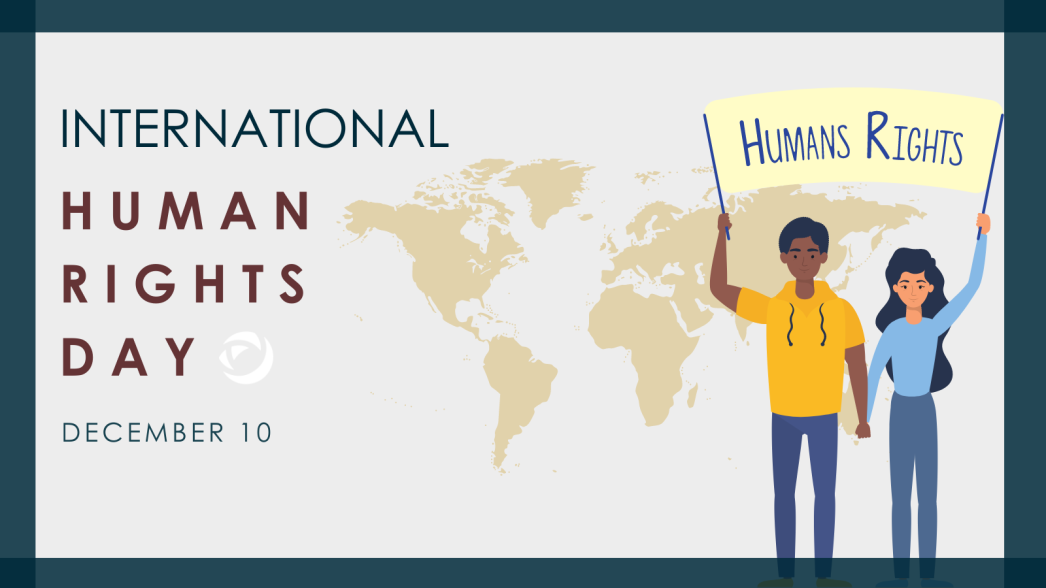Sunday was the United Nations’ Human Rights Day – a day dedicated to commemorating one of the world’s most groundbreaking global pledges: the Universal Declaration of Human Rights (UDHR).
This pledge solidified the collection of rights every person is entitled to regardless of race, colour, religion, sex, language, political or other opinion, national or social origin, property, birth or other status.
In 2006, the United Nations Convention on the Rights of Persons with Disabilities (UNCRPD) was adopted to strengthen and further promote the human rights of people with disabilities.
2023 Theme: Freedom, Equality and Justice for All
The theme of Human Rights Day this year was freedom, equality and justice for all. While great progress has been made since the declaration was set up 75 years ago, there is still a long way to go to ensure that each declaration is being met, particularly for those with FASD. This year’s theme aims to remind people of the need for human rights and rekindle the hope of human rights for every person.
Recent national struggles including economic instability, the aftermath of the pandemic and an ever-changing political landscape can leave people with FASD and their families feeling concerned for the future.
The CanFASD Network is invested in making change for FASD. But for real change to happen, we call on the government to invest properly in providing the support that people with FASD and their families need to ensure that each article of the UNCRPD is being met.
Using the UNCRPD
The UNCRPD can be used as a framework to improve service provision and government policies for persons with FASD. It can be used to advocate for improved outcomes in several areas including accessing diagnostic services, intervention, raising public awareness of FASD, housing and the overrepresentation of people with FASD in the justice system.
Our issue paper, Framing Fetal Alcohol Spectrum Disorder Policy, Practice, and Research Using the United Nations Convention on the Rights of Persons with Disabilities, details how the UNCRPD can be used and gives practical suggestions on implementing it.
We have also created a UNCRPD Plain Language Guide as a tool for individuals and families to better understand the UNCRPD. This guide highlights keywords and definitions you might find in the UNCRPD and in discussions about rights more broadly. It aims to help you learn how to discuss human rights relating to people with FASD and disabilities in general.
Read the issue paper to find out more.

